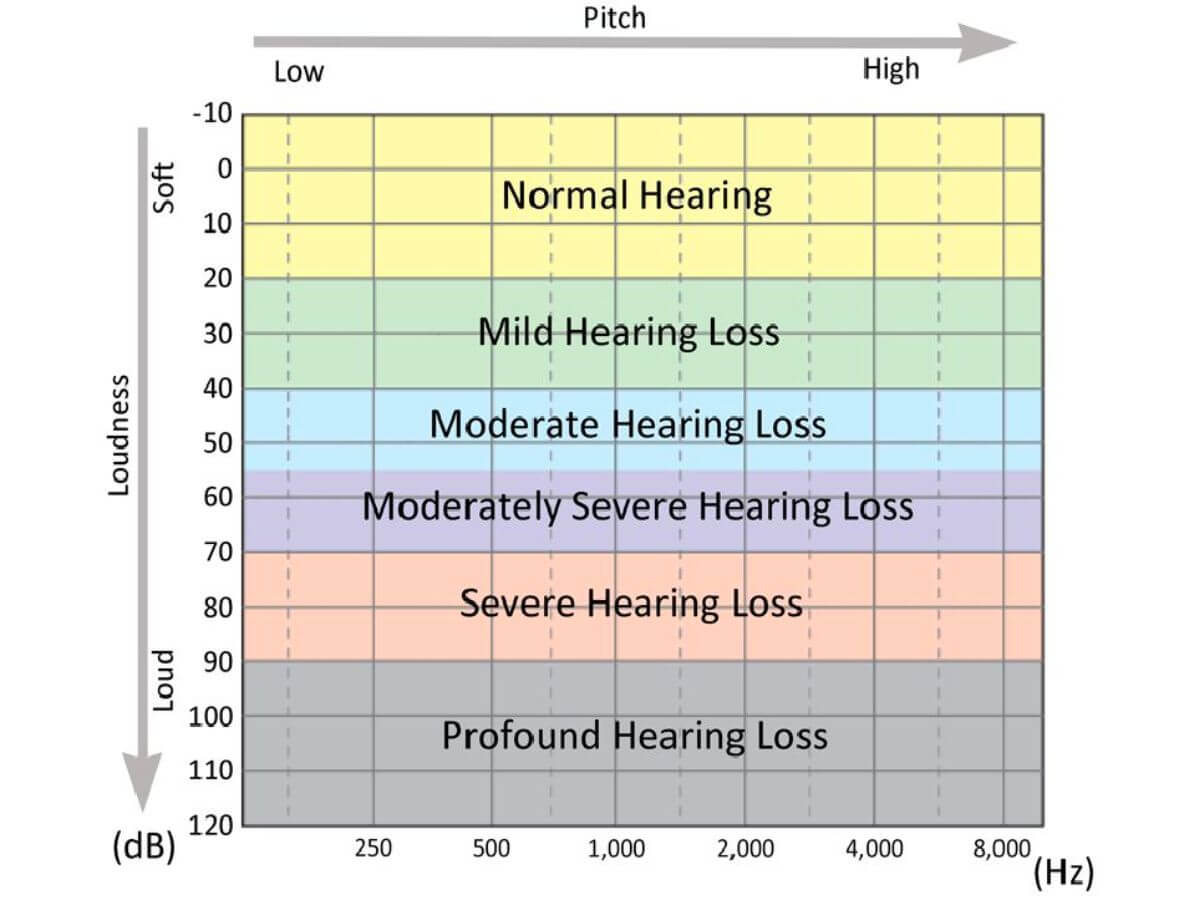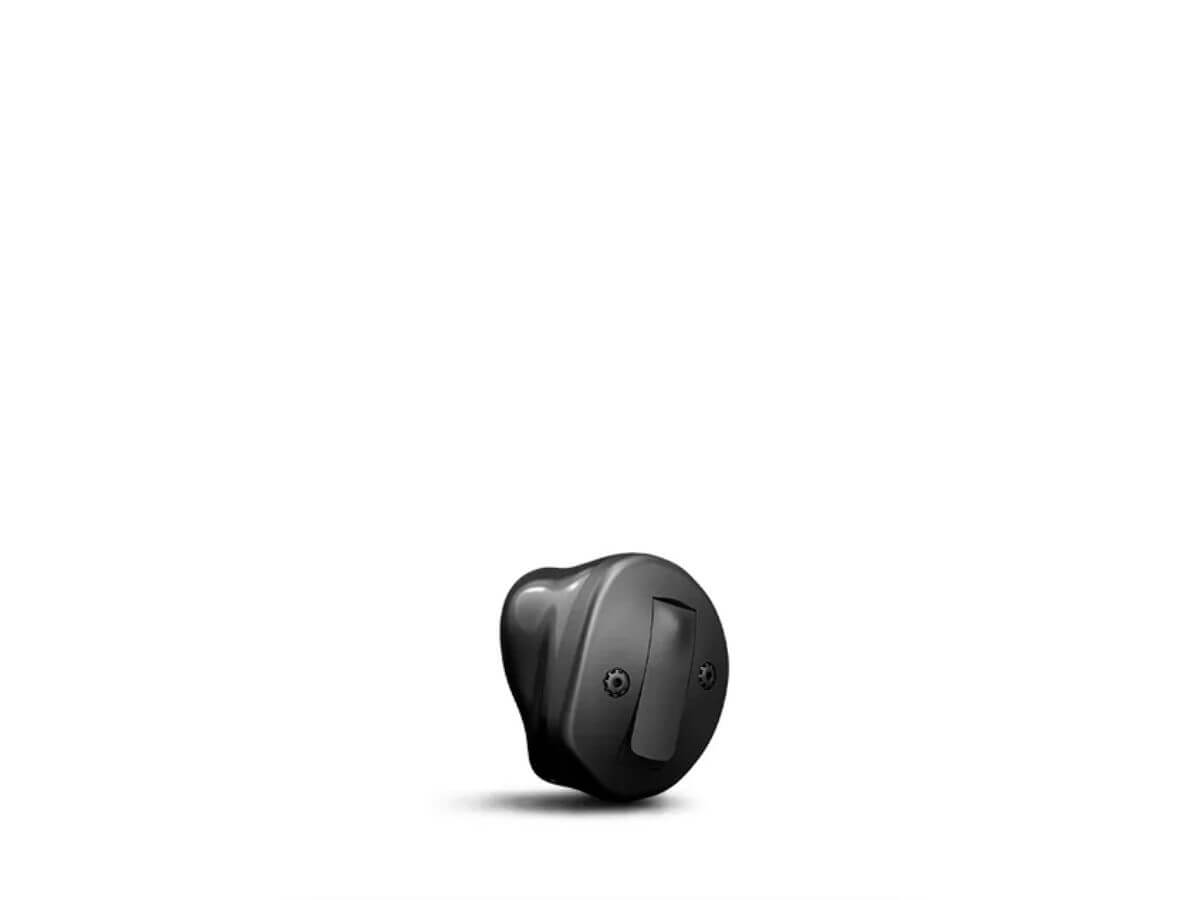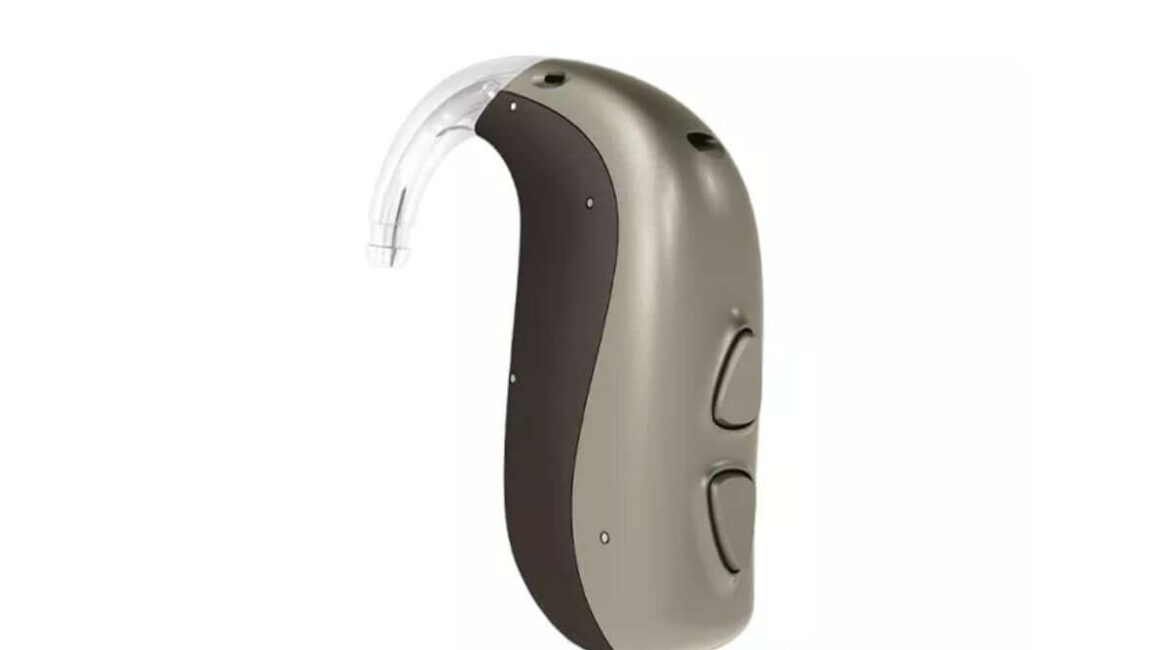Image via bernafon.com
Hearing loss is a common problem that affects people all over the world. In Singapore, people of all ages and backgrounds can experience hearing loss to some degree. Hearing aids are often thought of as a necessity for those with severe hearing loss, but can they also be used to treat mild hearing loss?
This article will explore the potential benefits of wearing hearing aids for Singaporeans with mild hearing loss and address some common questions about the use of these devices.
It will cover topics such as what constitutes a mild hearing loss, the effects it can have on daily life, and the advantages that come with using a hearing aid to treat mild hearing loss.
What Is Mild Hearing Loss and What Are the Symptoms

Image via intechopen.com
There are several levels of hearing loss, including mild, moderate, moderately severe, severe, and profound. These ranges are detected on an audiogram, one of the tests you will have to undergo as part of a hearing assessment. The typical hearing range of an adult is 0 to 25 dB across the frequency spectrum while children’s hearing is typically between 0 and 15 dB.
The definition of mild hearing loss is the inability to hear noises that are louder than 25 decibels (dB) for adults and 15 dB for children. This includes noises like birds singing, dripping water, rustling leaves, feet shushing on floors or carpets, and hushed discussions.
Read more: Hearing Loss Among Adults in Singapore.
Mild hearing loss can be difficult to detect, but some common symptoms include difficulty understanding conversations in noisy environments, frequent requests for repetition, and difficulty understanding high-pitched sounds.
Other signs may include tinnitus (ringing in the ears) and a feeling of fullness or pressure in the ears. If you suspect you are experiencing mild hearing loss, it is important to seek medical advice from a professional audiometrist.
How Common Is Mild Hearing Loss and Who Is at Risk
The World Health Organization (WHO) notes that about 466 million individuals worldwide now have a clinically severe level of hearing impairment. On a smaller scale, it is found that approximately 360,000 or one out of eleven citizens in Singapore have a hearing impairment.
According to the National Library of Medicine, for the study to determine the prevalence of hearing loss amongst the elderly population attending community services in Singapore, the percentage of the elderly with mild hearing loss is 63.7% and only 7.5% of the subjects with a disabling hearing impairment used hearing aids.
People of all ages are at risk of mild hearing loss. It is most common in older adults, but younger people can also be affected due to exposure to loud noises. People who work in noisy environments or listen to loud music are particularly vulnerable.
It’s also important to note that exposure to loud background noise does not have to be constant in order to cause damage; even short exposures can be harmful. Other factors that can increase your risk of developing mild hearing loss include age, genetics, diseases such as diabetes and high blood pressure, and certain medications.
The Benefits of Using a Hearing Aid for Mild Hearing Loss
Most hearing aids will amplify the sound waves which will be picked up by the hair cells in the ear canal and sent as neural impulses to the brain. This amplification can help those with mild hearing loss, making wearing hearing aids beneficial but not restore normal hearing.
Early use of hearing aid will help a patient’s hearing and consequently their quality of life. This is because a hearing aid will assist in sound clarification and lessen the strain of using so much energy listening.
Wearers of hearing aids report increased mental health in addition to better hearing. People with mild hearing loss can improve their wellness by allowing themselves to relax by magnifying the sounds they hear with a hearing aid.
Leaving hearing issues untreated can frequently result in worry and you can have problems listening and differentiating between noises and voices. These problems can wear a person down and lower their mood over time.
Some people with hearing loss delay getting a hearing aid for years which may result to having those issues getting worse. Untreated hearing loss has been linked to cognitive decline in the past, although the cause is still being studied.
If I Do Need a Hearing Aid, What Type Should I Get

Image via bernafon.com
Living with hearing loss might be inconvenient, but many individuals choose to put up with their problems rather than look for a solution. The technology and understanding of hearing health have made significant strides in recent years reducing the hearing aids cost. As a result, those who have hearing issues can benefit!
The type of hearing aid you should get depends on your lifestyle, budget, and type of hearing loss. Your audiometrist can help you decide which style is right for you. Contact J Glasses & Hearings if you want to find out more about hearing aids in Singapore. Our hearing aid specialist is here to attend to your requirements.

